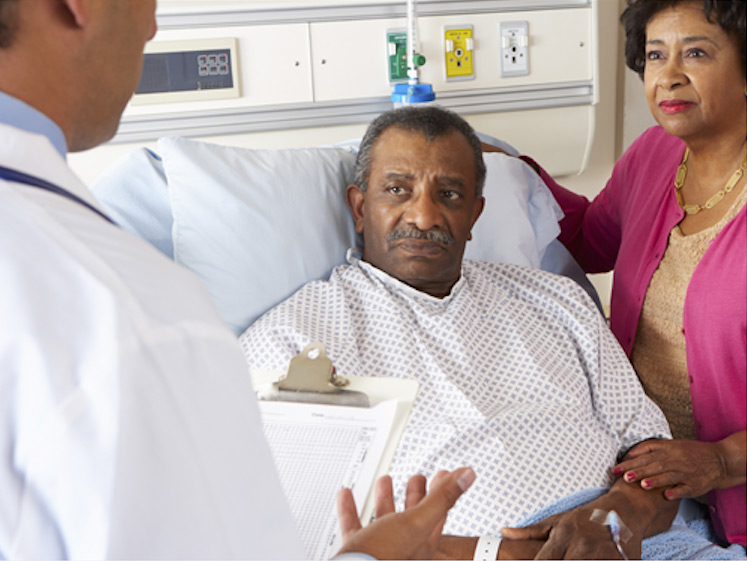Leaving the hospital can be a dangerous time for patients. Why? Changes in care settings, providers who don’t communicate well, and confusion over which medications to take upon return home can result in errors and complications. Discharge instructions may be confusing or may conflict with the information you received from other providers. Many people end up going back to the hospital because of these complications, confusion, or because they were not prepared to manage their own care.


Do not make these assumptions
“My primary care doctor knows that I was in the hospital”
It is comforting to think that your primary doctor is communicating with your care team while you are in the hospital. The reality is that your doctor may not know that you were hospitalized.
“My doctor knows what new medications I was prescribed in the hospital” OR “The hospital knows what medications I was already taking”
In many cases, the computers in your doctor’s office are not connected to the computers in the hospital.
Your Hospital/Care Facility Discharge Checklist
I have been involved in decisions about what will take place after I leave the facility.
I understand where I am going after I leave this facility and what will happen to me once I arrive.
I have the name and phone number of a person I should contact if a problem arise during my transfer.
I understand what my medications are, how to obtain them and how to take them.
I understand the potential side effects of my medications and whom I should call if I experience them.
I understand what symptoms I need to watch out for and whom to call should I notice them.
I understand how to keep my health problems from becoming worse.
My doctor or nurse has answered my most important questions prior to leaving the facility.
My family or someone close to me knows that I am coming home and what I will need once I leave the facility.
If I am going directly home, I have scheduled a follow-up appointment with my doctor, and I have transportation to this appointment.
Click here to download and print a copy of your Discharge Preparation Checklist.

Health care services for improving quality care and safety of patients during transitions across care settings




